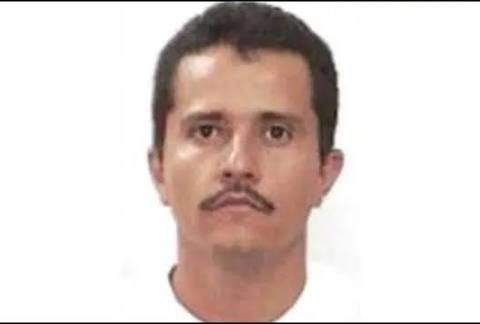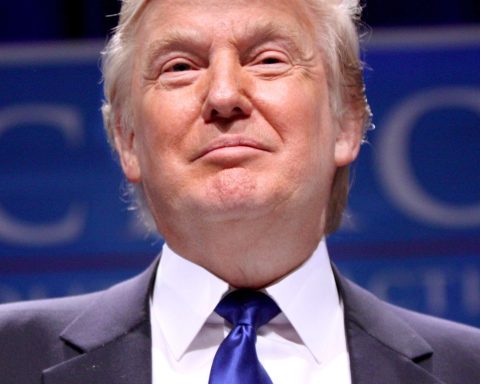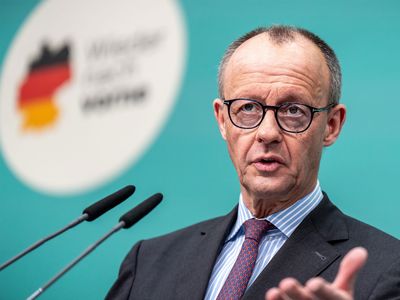Japanese Prime Minister Shigeru Ishiba announced a significant commitment of $5.5 billion in financial support for Africa over the next three years.
Ishiba made the pledge in his keynote address at the ninth edition of the Tokyo International Conference on African Development (TICAD9), on Wednesday in Yokohama, Japan.
Join our WhatsApp ChannelLeaders and representatives from about 50 African nations and officials from international organisations are taking part in the three-day event.
The pledge underscores Japan’s strategic intent to deepen its partnership with the continent amid growing global competition for influence.
The Japanese PM said the financing will be made in collaboration with the African Development Bank.
He emphasized the importance of locally based solutions for the development of Africa.
Moving beyond a donor-recipient dynamic to a relationship focused on mutual growth and investment, Ishiba stressed that Japan sees African nations as “partners who co-create growth.”
“Japan is providing various cooperation and support for Africa. But first of all, Japan needs to know more about Africa. So, in creating solutions together, this co-creation at the TICAD 9, we focus on three important areas: private sector-led sustainable growth, Youth and Women, and Regional integration and connectivity within and beyond Africa,” he stated.
A core part of the strategy is to catalyze private investment from Japanese corporations. The government support is intended to de-risk projects and encourage business ties, which have traditionally lagged behind those of China and other nations.
READ ALSO: African Leaders Call For Swift Implementation Of SDGs To Boost Jobs, Inclusive Growth
He said Japan supports the African Continental Free Trade Area, which aims to increase the region’s competitiveness by eliminating tariffs and standardizing rules within the bloc, and plans to promote efforts to improve logistics networks for more resilient critical mineral supply chains.
He highlighted the demographic advantage that Africa has with its growing young population, stressing that their potential can be properly harnessed and utilised for the development of the continent through the creation of manufacturing hubs and employment.
He expressed concerns that Japan is grappling with the challenges of a declining population and shrinking agricultural land and called for assistance from African countries.
“In 75 years from now, the population of Japan will have been halved. In the local communities, the population continues to decline; this is one big challenge Japan is facing. All agricultural land is being reduced, another major challenge for Japan,” he stated.
Geopolitical Positioning
The announcement by Ishiba is seen as Japan’s effort to counter the overwhelming economic and political influence of China in Africa and to align with other G7 initiatives, such as the Partnership for Global Infrastructure and Investment (PGII).
TICAD9 comes at a time when African nations are seeking diversified partnerships to avoid over-reliance on any single country and to secure better terms for development finance.
Emphasis on Transparency and Sustainability
By emphasizing transparency and mutual benefit, Japan is offering an alternative model of engagement that many African leaders find appealing. The country’s focus on human capital, governance, and green technology aligns with the long-term development goals of many African countries.
Potential Concerns
While substantial, the $5.5 billion pledge is seen as being modest compared to the financial commitments from China, which has been Africa’s largest trading partner for over a decade.
There are concerns that the key challenge will be translating these funds into tangible, high-impact projects on the ground quickly and efficiently.
Competition
While Japan moves on with the deal, analysts believe that it faces intense competition not only from China, but also from other players like the European Union, Turkey, and Gulf states, all vying for influence and economic opportunities in Africa.









